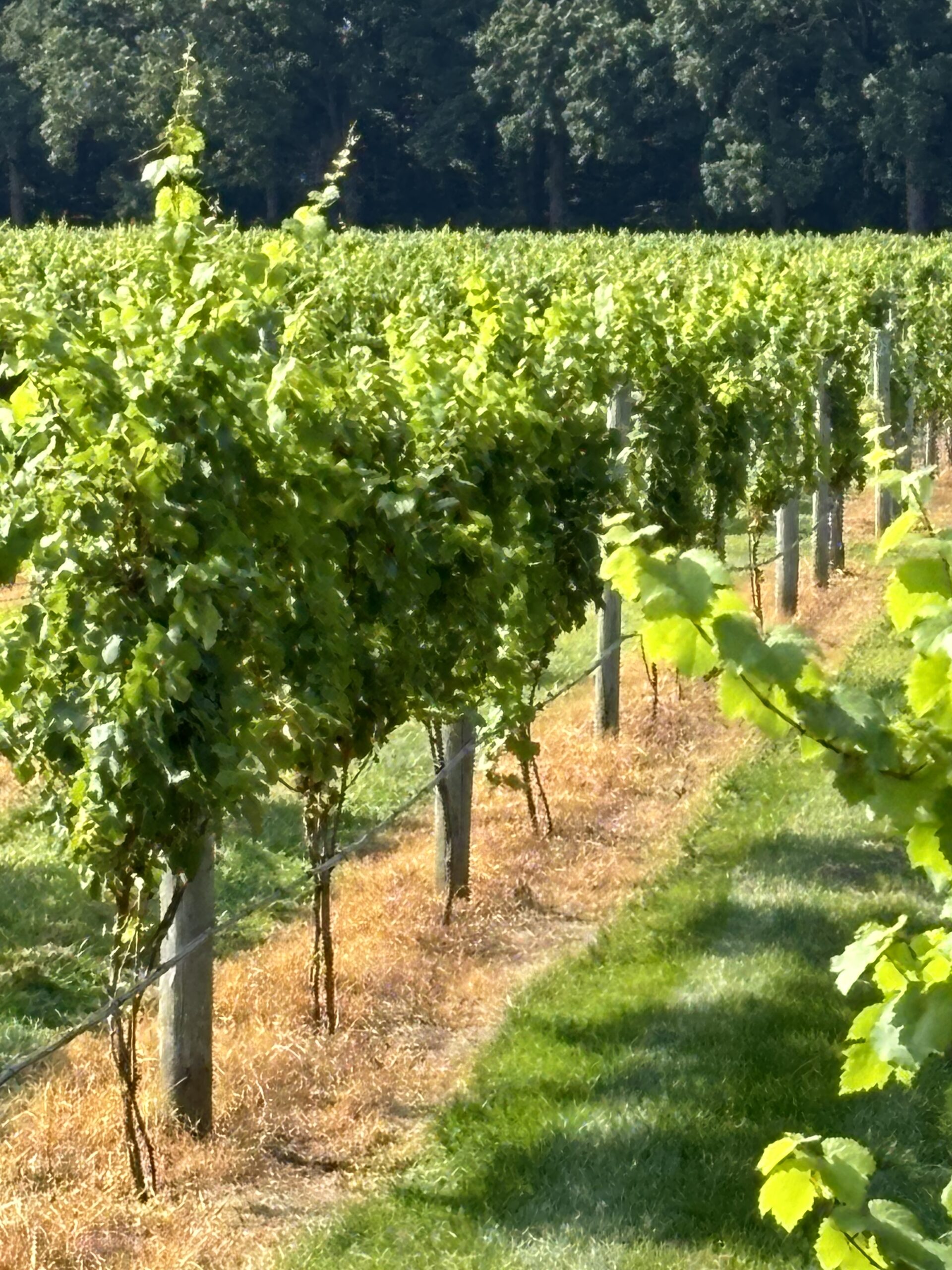
How New Jersey Weather Affects the Wine (From Someone Who’s Just Figuring It Out) Okay, so I’m not a wine expert—not even close. But after visiting a few local wineries and asking a bunch of questions, I learned that the weather in New Jersey plays a big part in how the wine turns out. I never thought about that before, but it makes sense once you hear it.

Warm Days + Cool Nights = Happy Grapes
New Jersey summers get pretty warm, which helps grapes grow and ripen. But what’s important (and something I didn’t know) is that the cool nights help the grapes hold on to their acidity. That gives wine a nice, balanced taste—so it’s not just sweet or sour, but kind of fresh and flavorful.
The Ocean Helps, Too
A lot of New Jersey’s wine country is pretty close to the ocean, especially down south in the Outer Coastal Plains AVA. That helps keep the temperatures more steady—so it doesn’t get too hot during the day or too cold at night. This kind of “stable” weather is great for growing grapes without stressing the plants out too much.
The Tricky Part: Rain and Humidity
Here’s where it gets a little harder. New Jersey is more humid than places like California, which means vineyards have to be careful. Too much rain, especially late in the season, can mess with the grapes and make them more prone to rot or mold. But the winemakers here seem to know how to handle it—with special pruning and good timing during harvest.

So What?
Turns out the climate does shape the wine. And now, when I drink a glass of Jersey wine, I can kind of appreciate that there’s a whole lot of weather and timing behind every bottle—even if I still can’t pronounce half the grape names.
